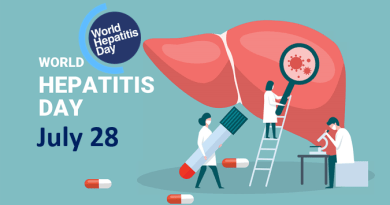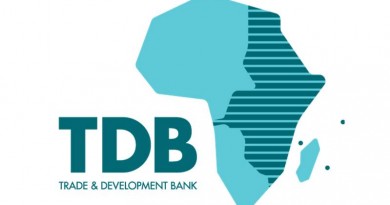One in five people worldwide is at risk of developing ‘severe’ cases of Covid-19, scientists claim – Chloe Taylor, CNBC
One in five people around the world could be at risk of developing a severe case of Covid-19, an international team of scientists has estimated.
Since the beginning of the outbreak, health authorities around the world have agreed that people with chronic illnesses are most prone to developing severe or fatal symptoms of the coronavirus.
In a study published on Monday in the Lancet medical journal, researchers from the U.K., China and the U.S. calculated how many people worldwide had pre-existing health conditions that increased their risk of being severely impacted by the virus.
According to the paper, 1.7 billion people around the world — or 22% of the global population — are at “increased risk” of developing severe symptoms if infected with Covid-19.
The study defined individuals at increased risk as those with at least one chronic health condition that was associated with greater vulnerability to the virus. The list of underlying conditions relevant to Covid-19, which included diabetes, chronic kidney disease and cardiovascular disease, was based on guidelines from the WHO and public health authorities in the U.K. and the United States.
“About one in five individuals worldwide could be at increased risk of severe Covid-19, should they become infected, due to underlying health conditions, but this risk varies considerably by age,” the report’s authors said.
The findings showed that the proportion of people at increased risk worldwide rose to 73% among those over the age of 70, and fell to 4% among people younger than 20.
Regional break-down
Countries with a higher proportion of older people, such as Japan and Puerto Rico, African countries with high HIV/AIDS prevalence, and small island nations with widespread diabetes, like Fiji and Mauritius, had the most people deemed to be at increased risk.
In North America, 28% of the population, or 104 million people, across all age groups had at least one underlying condition that put them at increased risk of developing severe Covid-19 if they caught the virus, according to the study.
Europe was the most at-risk region, with 31% of its population at increased risk, although the authors noted that many European countries had older populations.
Africa’s population had the lowest proportion of people at increased risk, with just 16% of Africans estimated to have one or more underlying health conditions that raised their risk of contracting a severe case of Covid-19.
‘High risk’
Scientists also estimated that 349 million people worldwide, or 4% of the global population, were at “high risk” of developing severe Covid-19 if infected with the virus. Individuals who fell into the high risk category were defined as those who would require hospital admission if they fell ill with the virus, and included people who may not have any underlying health conditions.
Among over-70s, 20% of the global population was classified as high risk.
Men were twice as likely as women to be considered high risk, researchers said, with 6% of the male population classified as such, compared to 3% of women.
Globally, it was estimated that just 2% of people over the age of 70 had no underlying health conditions, while 42% of people between the ages of 15 and 49 fell into the same category.
The Lancet study used data from the U.N., the WHO and British and American public health agencies to determine the risk factor for populations across 188 countries. Researchers also analyzed findings from the 2017 Global Burden of Diseases, Injuries, and Risk Factors Study to map the prevalence of certain health conditions.
The report’s authors emphasized that their estimates were uncertain and did not consider factors like ethnicity, socioeconomic deprivation and obesity, which have also been linked to severe cases of the coronavirus.
However, the authors said their research could “provide a starting point for considering the number of individuals that might need to be shielded or vaccinated as the global pandemic unfolds.”
by Chloe Taylor, CNBC




